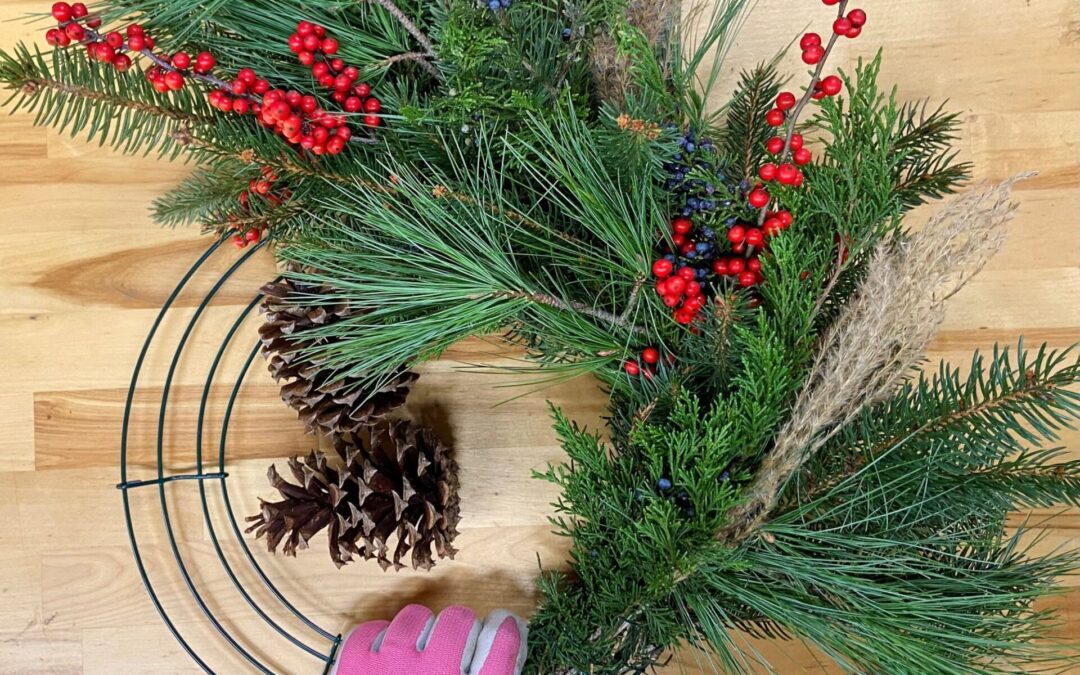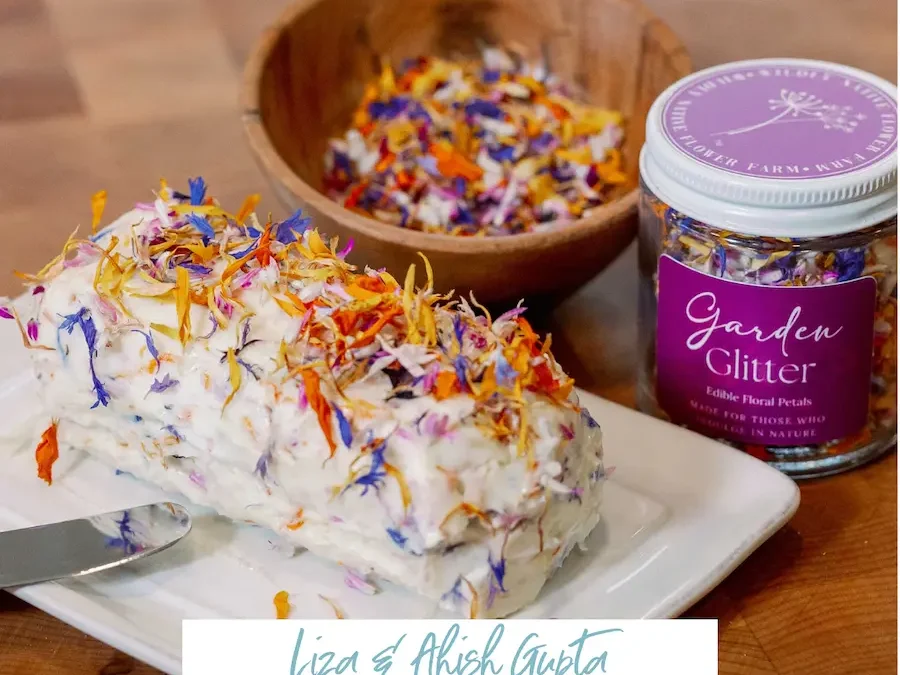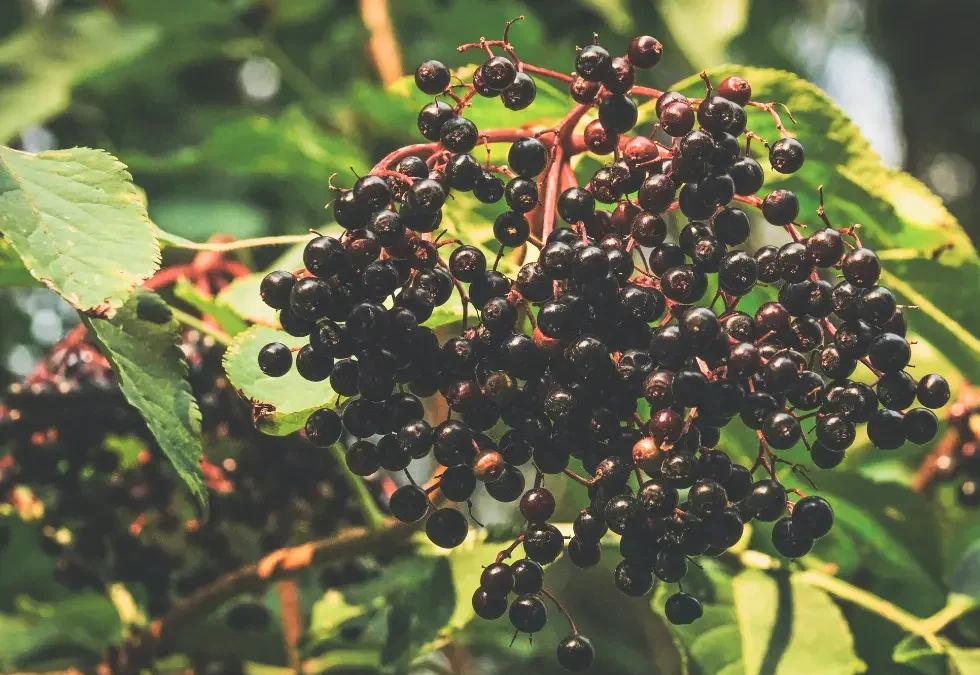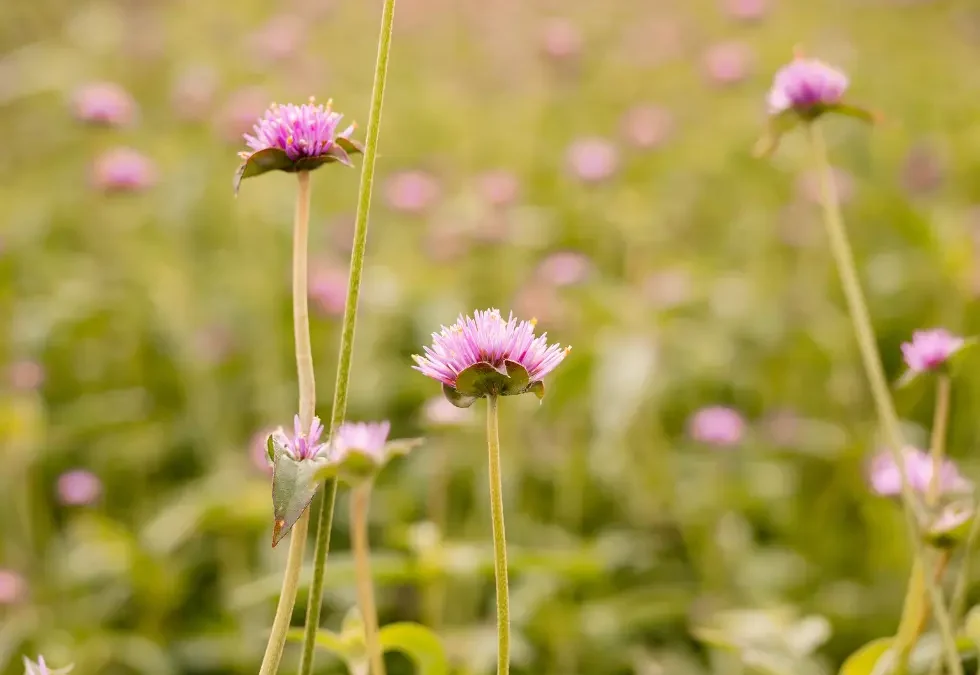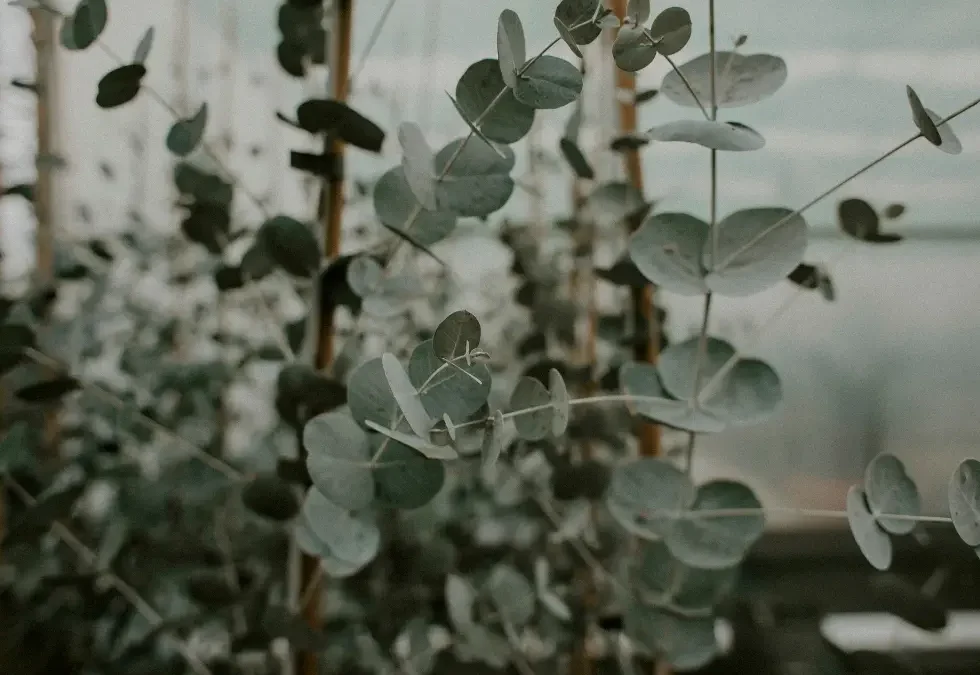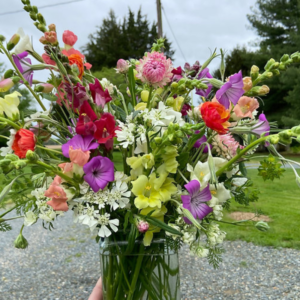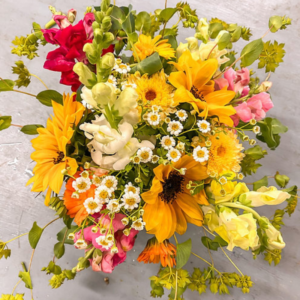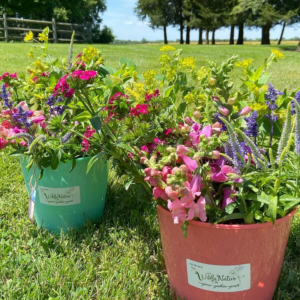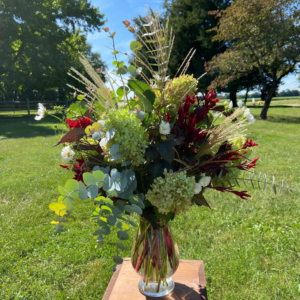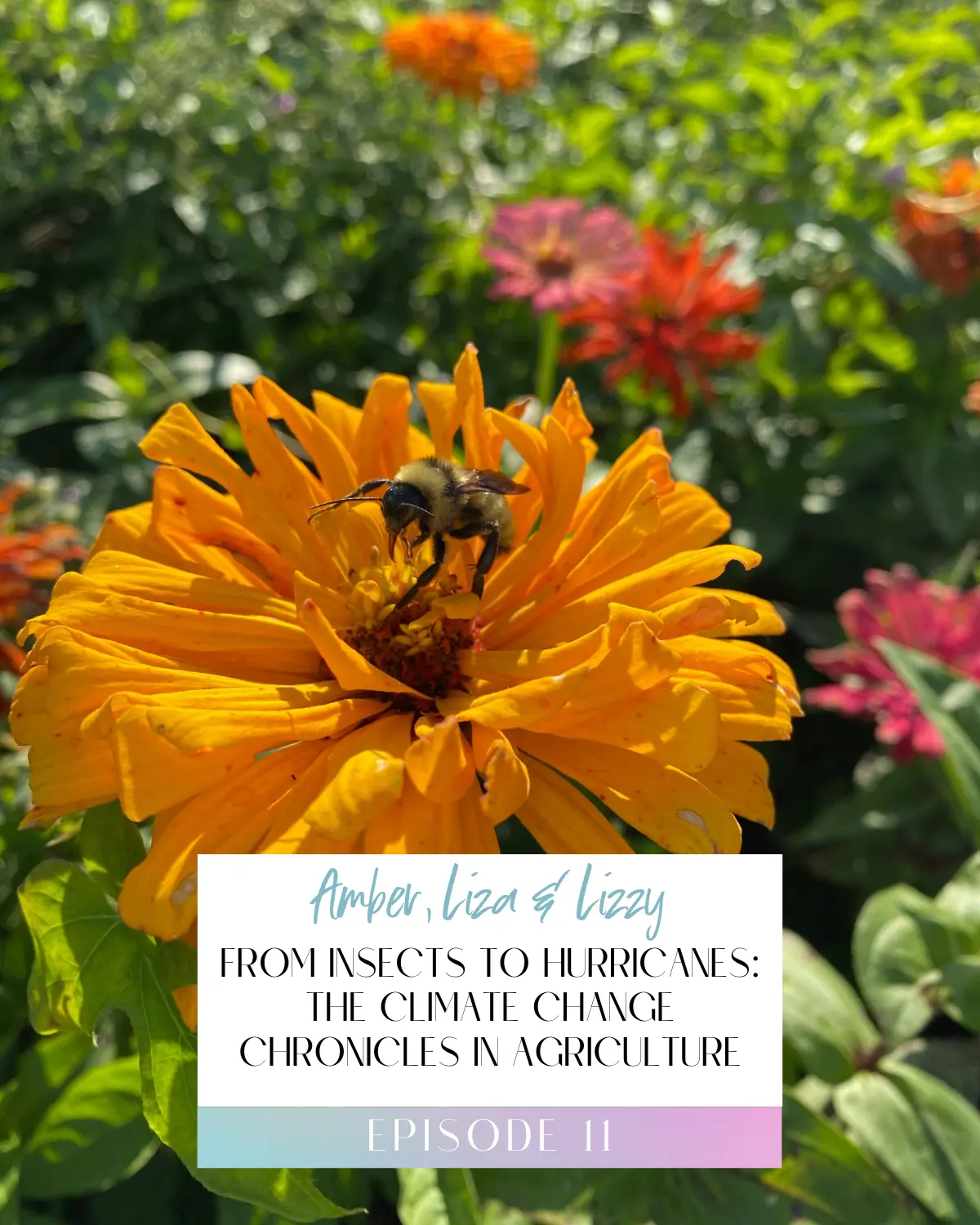
“Mother Nature is confused and I hope it kills all of the European hornets this year.” – Lizzy Goetz
From Insects to Hurricanes: The Climate Change Chronicles in Agriculture
The changing climate is more than just a topic for scientists and policymakers—it’s something farmers and growers experience firsthand every day. From unseasonal temperature shifts to invasive pests and extreme weather events, climate change is reshaping the way we cultivate our crops and flowers. In this post, we explore how rising temperatures, unpredictable weather, and changing insect populations are affecting flower farming.
The Impact of Global Warming on Growing Seasons
One of the most immediate effects of climate change is how it alters our growing seasons. This year, we’ve seen record-breaking conditions with unexpected blooms of Scabiosa, Zinnias, Celosia, and Dianthus all in the same field at the same time. These unusual overlaps are signs that Mother Nature is out of sync, throwing off traditional planting and harvesting schedules.
The Rise of Invasive Insects and Pests
Mild winters have led to an increase in invasive insects, including European hornets and massive grasshoppers. Normally, colder temperatures help control insect populations by reducing their numbers during winter dormancy. However, with warmer winters, pests survive and thrive, causing more damage to crops. The presence of European hornets in unexpected places—even inside a bouquet transported for a wedding—has become a new challenge for flower farmers.
Additionally, caterpillars have wreaked havoc on Celosia crops, chewing through stems and causing significant damage. These pests, which originate from moth larvae, have devastated entire sections of fields, forcing growers to rethink pest control strategies while maintaining organic and sustainable practices.
How Extreme Weather Disrupts Farming
The unpredictability of storms, hurricanes, and droughts has made flower farming more challenging than ever. Farmers must prepare for every scenario—whether it’s securing flowers before an incoming tropical storm, ensuring hoop houses are ventilated on unexpectedly warm days, or protecting young plants from early frost.
Wind has been an especially brutal factor, knocking down plants and even burning them by stripping away moisture. In contrast, while snow can act as an insulator for perennials, it also brings logistical challenges, such as collapsing protective hoop structures.
Adapting to Climate Change: Strategies for Resilient Farming
Despite these challenges, farmers are finding innovative ways to adapt:
- Season Extension with Hoop Houses: By using hoop houses, growers can extend the growing season, providing protection from frost and extreme heat.
- Soil and Water Management: Adjusting irrigation strategies and utilizing cover crops can help maintain soil health despite unpredictable rainfall patterns.
- Selective Planting: Choosing hardy plant varieties that can withstand fluctuating temperatures ensures a more reliable yield.
- Collaborative Efforts: Partnering with other flower growers allows farmers to source flowers in case of emergency shortages caused by extreme weather.
Looking Ahead: What’s Next for Flower Farming?
With each passing year, climate change forces us to rethink how we grow, harvest, and protect our flowers. By closely observing environmental shifts, experimenting with adaptive techniques, and remaining proactive, flower farmers can continue to thrive despite these challenges.
As we move forward, one thing is clear—nature is always evolving, and so must we. Whether it’s dealing with extreme heat, unexpected cold snaps, or an influx of new pests, flower farmers must stay resilient and adaptable in the face of change.

